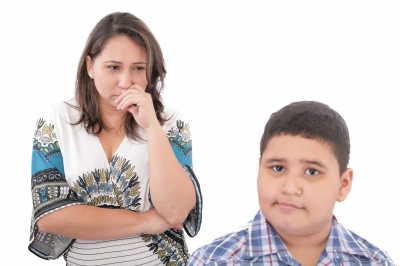
Through conversations with teens this week I have come to believe most of us don’t listen to them. I know that’s cliche. I also happen to think it’s true. We don’t listen to each other. How many people do you know who truly focus on what you’re saying as you’re saying it?
I used to marvel to my husband about Pastor Chris Goulard from Saddleback Church. Each time I’d spoke with him, I’d turn to my husband afterwards and say, “It’s incredible how Pastor Chris makes me feel like I’m the only person in the world when I’m talking with him. Do you feel that way when you talk to him?” My husband would always confirm he also felt like the only person who mattered when he was talking to Pastor Chris. This was all the more amazing because Pastor Chris is a really busy man, and yet if you stop him before or after a church service, he gives you 100% of his attention for as long as you seem to need it. Do we listen to our kids that way? Do we teach them to listen to their friends that way?
I have to call myself out first. Other than when I’m in session with a client, I am not listening with my full attention. I’m thinking about what I have to do next, that my phone just chimed, or worst of all, I’m already thinking about what I have to say next. Thinking of what I have to saw next is actually arrogant. When I’m focused on what I have to say and just looking for a chance to interject it into the conversation, then I’m assuming what I have to say is more important than what you are telling me.
This week in therapy the common theme that has arisen among my teenage clients is that they do not feel heard. When they talk to their friends, their friends are interrupting them or checking their phones. When they talk to their parents, their parents are buzzing around the kitchen, on their computer, or also on their phones. Consequently, when your teen is talking to you, they are also distracted.
My encouragement to you this week (and to myself) is to focus on really listening. Clear your mind of what you want to put into the conversation and let someone talk all the way through before you speak. In fact, let’s all try waiting one full second after someone finishes talking before we say something back. It’s short enough not to be an awkward pause but long enough for them to add more to the conversation if they have more to say.
My daughter is eleven. This is an age where she has A LOT to say, but she won’t say it unless she’s relaxed enough to let her thoughts flow. Tweenagers (11-13yrs old) are self-conscious by nature and can be a bit closed if they aren’t given enough space in conversation to work out their thoughts. I tried this technique of waiting one second before speaking with her earlier this week. The conversation we had was amazing! She ended up asking questions about some very deep thoughts she’s kept hidden in her heart. It crushed me to realize she’s had these questions for a long time, but I’ve been such a poor, distracted listener (and interrupter) that she never had the space to voice them.
Your kids have things to tell you too, but you will have to listen like Pastor Chris. When your teenager is talking to you about things, don’t make it your goal to get in some moral lesson, don’t show them that your phone matters more than they do, and don’t be thinking about what you want to say while they are talking.
Your teenager wants to know what he or she thinks and feels actually matters to you. Your adolescent wants to be seen by you. Truly listening is the best way you can show that you honestly care about what’s going on inside their minds and hearts. And, this is the path to a better relationship between you and your teen.
Helping teens grow and families improve connection,
Lauren Goodman, MS, MFT


